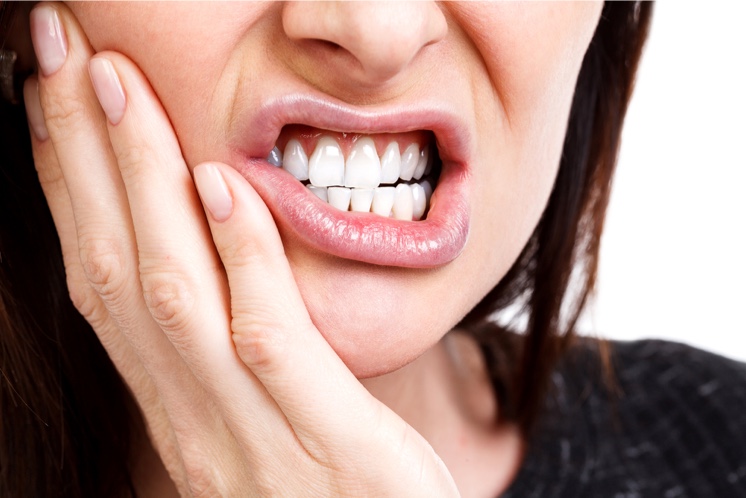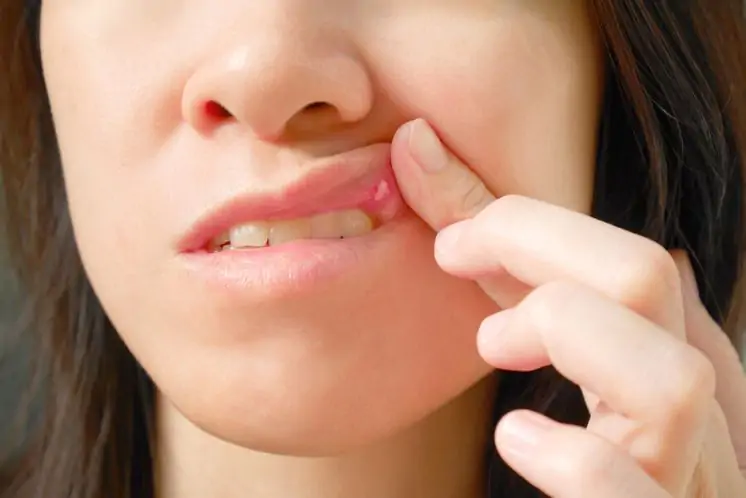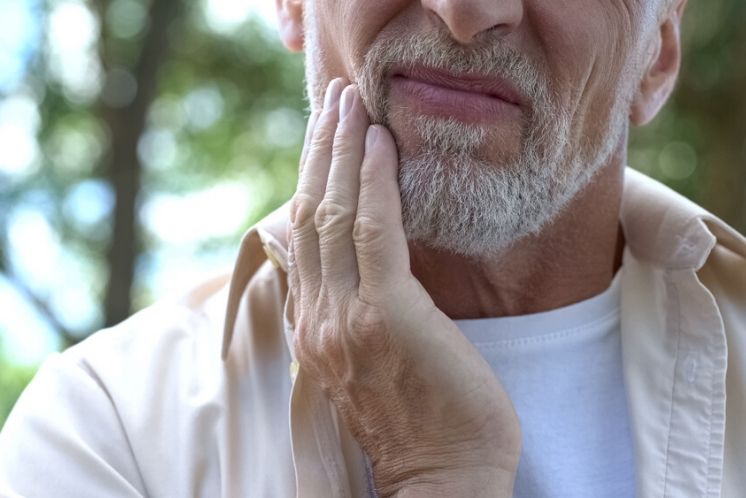Do stress and anxiety affect our teeth?

Stress may have a significant impact on all aspects of our life, but most people do not realise how it can also affect our oral health.
Normal and healthy teeth should be opaque, but the initial edges of the teeth of some people become somewhat translucent or even become shorter or worn down over time. This may be due mainly to teeth grinding, also known as bruxism.
Most of the time, people that grind their teeth or clench their jaw do not realise that they are doing so or they do so while they sleep, hence a mouth guard is the most successful treatment method to protect teeth and prevent them from becoming worn down. The excessive wear and tear of teeth can give rise to the exposure and infection of pulp; hence, it is necessary to eliminate the nerves from these teeth.
Another common sign of stress of the temporomandibular disorder or myofascial pain disorder are clicks or noises in the jaw joint and pain when opening your mouth.
Gum bleeding is a symptom of periodontal disease (gingivitis or periodontitis), which may be caused or exacerbated by stress and anxiety. It is possible that gum treatment is required, such as in-depth cleaning.
Stress and anxiety may also cause stomach acids to accumulate, which may cause acid reflux and, consequently, bad breath.
To avoid the appearance of all these problems, the first thing is to deal with stress and anxiety and secondly, to maintain good oral health by brushing your teeth twice a day, using dental floss and visiting the dentist regularly.








